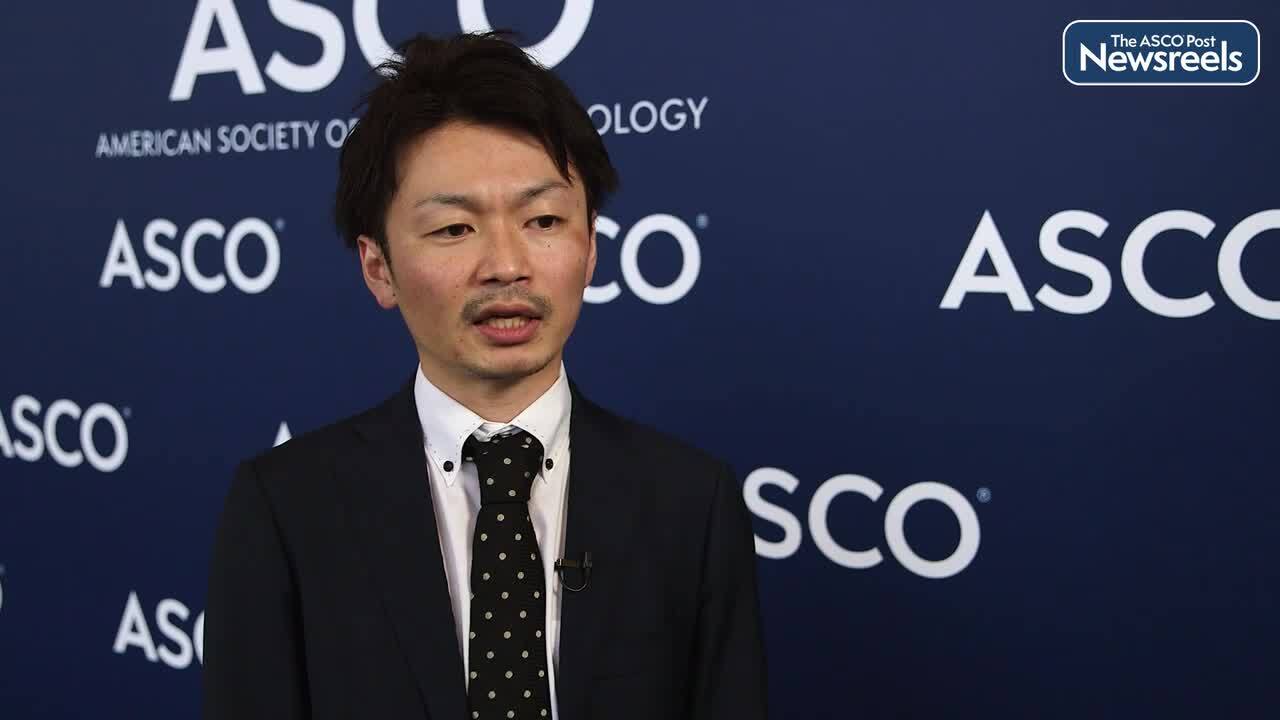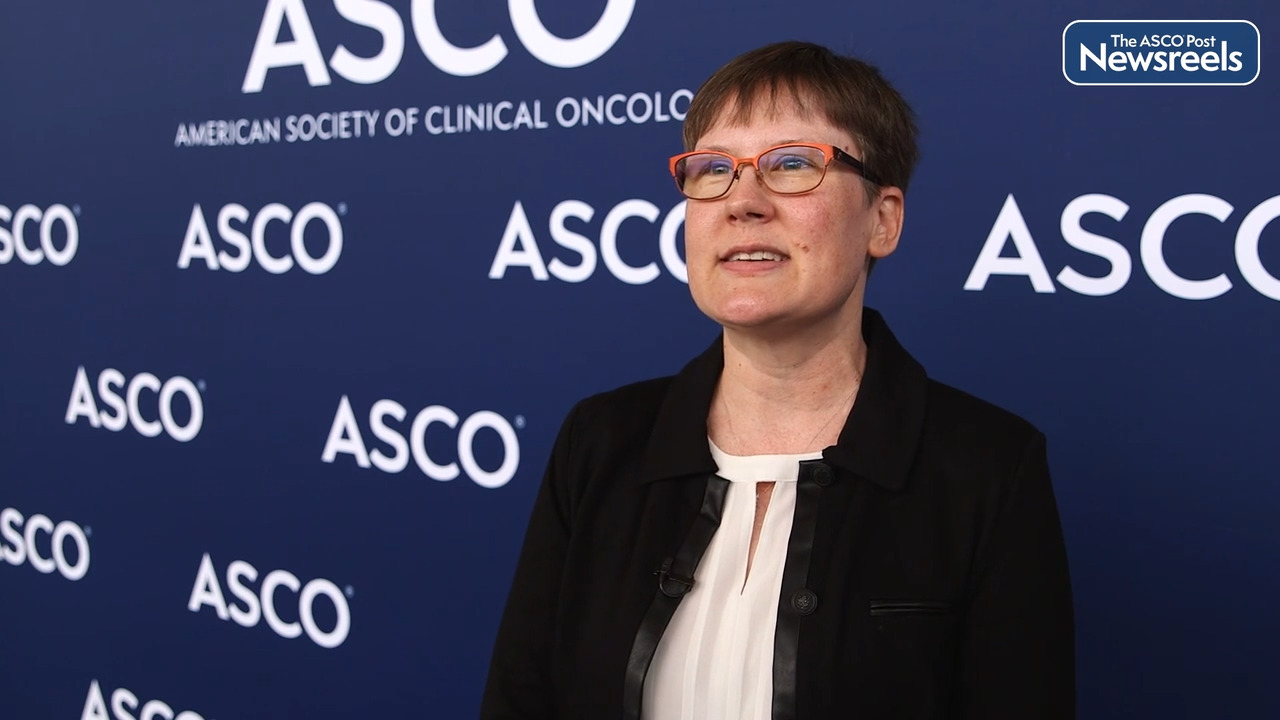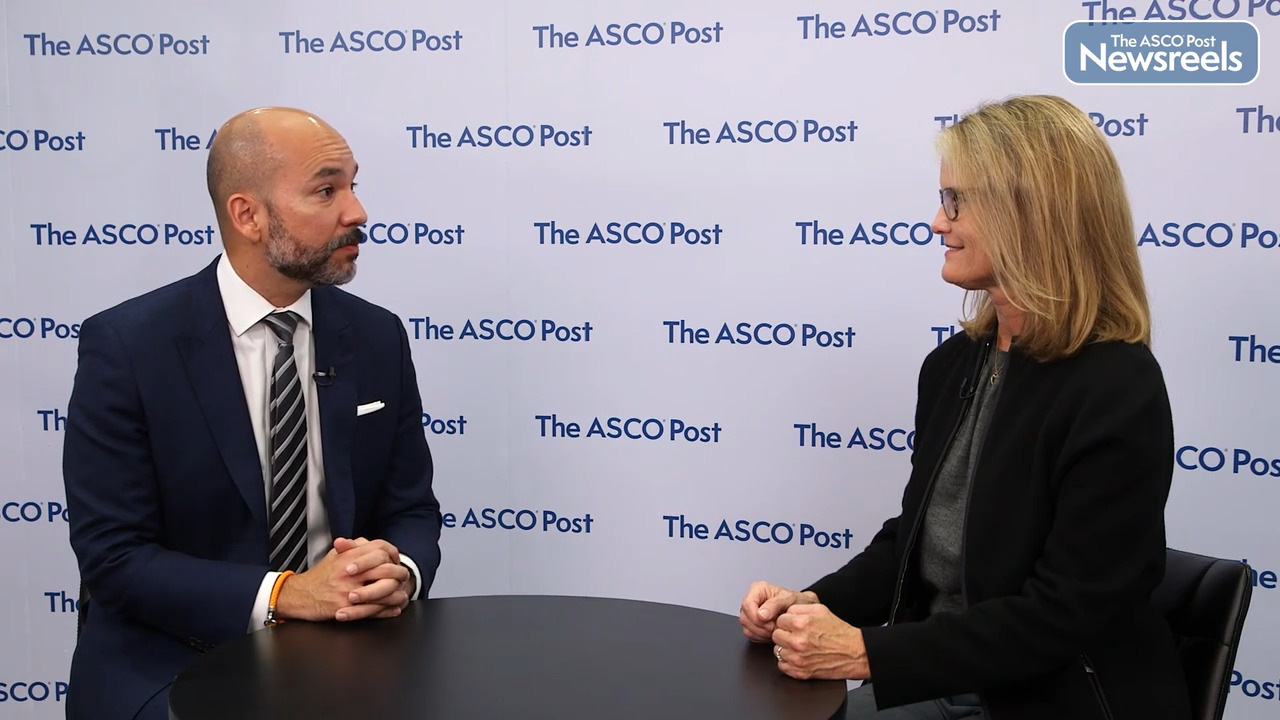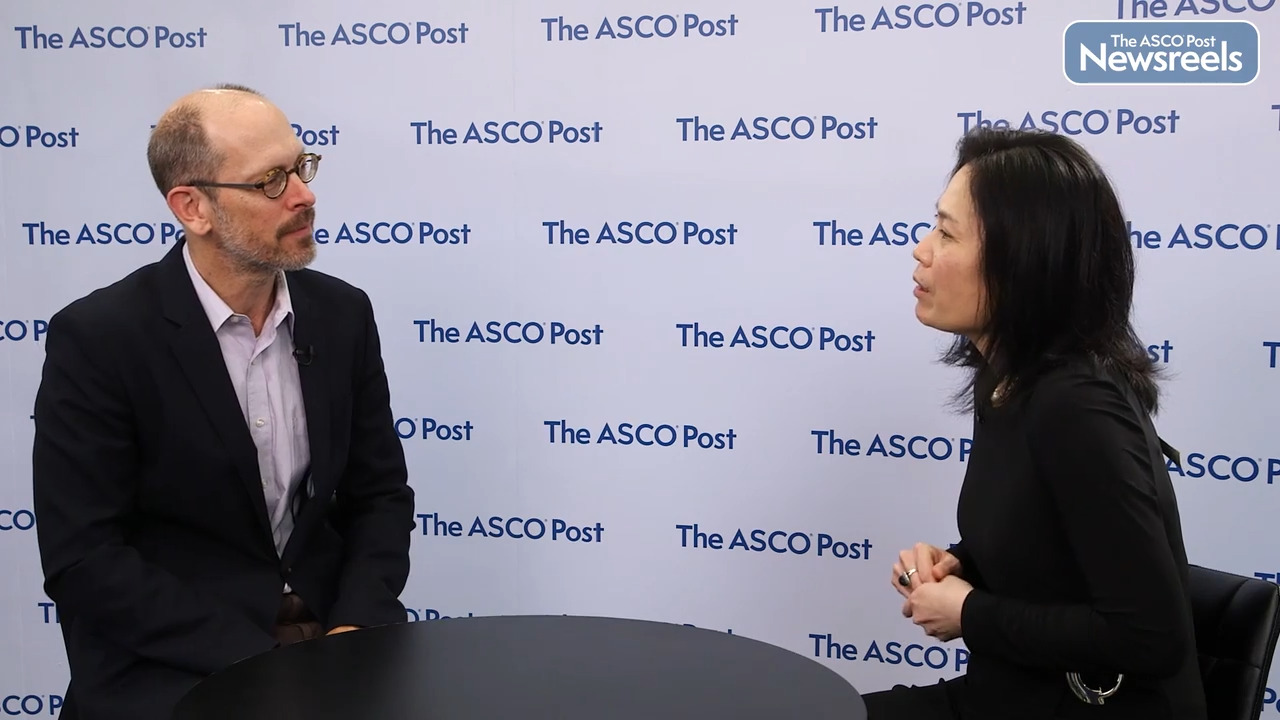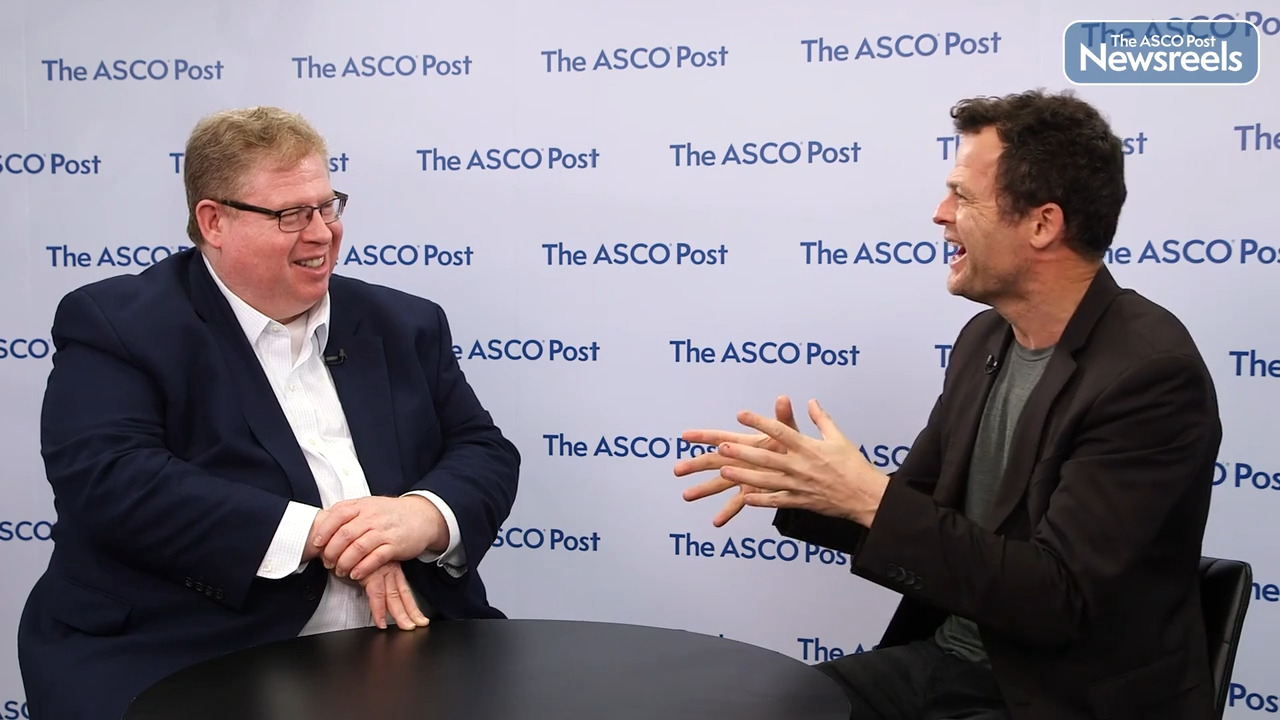Transcript
Disclaimer: This video transcript has not been proofread or edited and may contain errors.
Women with breast cancer, early stage breast cancer, are primarily treated with lumpectomy, often endocrine therapy and radiation. And for many years now we've realized that the risk of local recurrence after lumpectomy has been steadily decreasing, and this has been attributed to smaller screen detected cancers, better surgical therapies and better systemic therapy. And radiation itself is associated with significant side effects, both early, such as fatigue and skin irritation, and late side effects such as breast distortion, which can affect cosmesis and quality of life. And rare life threatening side effects such as cardiac disease and second cancers. The question is arisen, can we avoid radiotherapy in women who are already going to have lumpectomy and endocrine therapy? We've done a number of studies which have evaluated clinical pathological factors alone, but haven't been able to identify a very low risk group of patients after lumpectomy and endocrine therapy alone. But over the last two decades, we realized a better understanding of the molecular biology of breast cancer and have identified four major intrinsic subtypes of breast cancer. Luminal A being the most common subtype and also the lowest risk subtype. The objective of our study was to determine women with clinical pathological factors, low risk and the Luminal A subtype who were treated with lumpectomy and endocrine therapy alone. Could they avoid radiotherapy? The Luminal was a prospective cohort study where we followed 500 women who had low clinical risk factors and Luminal A subtype determined by ER, PR, HER2 and a low Ki-67, less than 13.25%, which was measured centrally in three labs using the international working group methods. And we found over five years that women had a very low rate of local recurrence, only 2.3% with the upper border of the 90% confidence interval being 3.8%, which was well below the 5% limit that we had set for ourselves. We believe that this rate is very low and constitutes that we could omit radiotherapy in this low risk subtype.
Should point out that the risk of contralateral breast cancer in this group of women was only 1.8%. Very similar to the risk of local recurrence and the risk of any recurrence was only 2.7%. Again, a low risk group of patients. Based on these results in women who meet the clinical criteria for the study, and I'll mention again, they were women less than or equal to 50 or greater than or equal to 55 years of age who had a T1 N0 cancer, grades 1 and 2, and the luminal A subtype as we determined who were treated with endocrine therapy, they can avoid radiotherapy.
Now, although Luminal A is a common subtype, we estimate that this group of women probably constitutes about 10 to 15% of all women with breast cancer. Given that the risk of invasive breast cancer is about 300,000 annually per year in North America, we estimate that this would relate to about 30 to 40,000 women per year.
